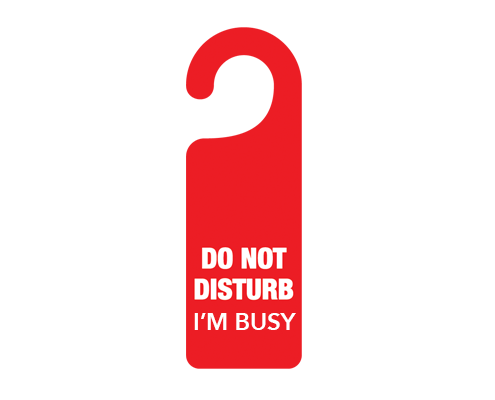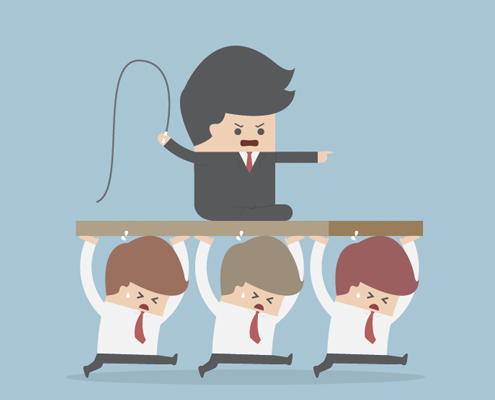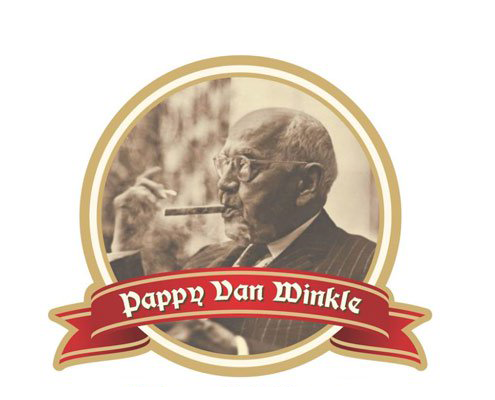Did you know that your Coworkers are also your Customers?
It’s true.
Whether you like it or not.
AND whether you agree or not.
I would venture to guess that less than 15% of today’s workforce realizes that their fellow employees are also their customers.
Allow me to explain.
I frequently see people that work for the same company at odds. You’ve seen this too. Most of it is due to people feeling the need to protect their turf and I’m just as guilty as the next guy. I’ve always had a sense of this inner-turmoil but now that I’m on my own, it has become painfully clear every single time I walk into a business or organization.
It’s like knowing the solution to a puzzle and watching others try to solve the puzzle and stumble all over themselves. You know what I’m talking about. It’s like when you know the answer to something (and others don’t), it makes those that don’t know the answer look somewhat foolish.
Businesses that do not understand this and are stumbling all over themselves.
Sometimes salespeople have the impression the accounting department is a roadblock to sales. Sometimes the bean counters feel like the sales people are bringing faulty deals to the table. Or the receiving department gets irritated with the materials department because too much product is coming into the plant. Then, the manufacturing department is mad at receiving because not enough product is readily available.
Just like the guy trying to solve the puzzle, they look foolish . . . from the outside.
It’s hard to recognize this dynamic when you are in the middle of the mess but that does not make it any less true . The company that has a team that realizes that they are each other’s customers are easy to find. Just look at the top of the lists that show the most successful companies — in ANY industry. The one’s that have the sense of the internal customer are right at the top.
This internal customer service issue is very difficult to accomplish but easy to explain. Think about the relationship between a bolt and a screw (employees who work together). If the bolt does not fit the screw, both the bolt and the screw are going to fail. It doesn’t matter if it’s the bolt’s fault or the screw’s fault. They both fail and the car (the customer) that the bolt and the screw are holding together falls apart.
The bolt thinks all this happened because of the screw and the screw wants to call the wrench holder and tell him how lousy the bolt is.
Here is what neither the bolt or the screw know yet: the car (customer) thinks they’re both idiots. If the bolt and the screw traded jobs they would each get a rude awakening about the role of their teammate.
Just like the job you are in.
When I was in the mortgage business, I often dreamed of having a salesperson trade jobs for a week with an underwriter or vice versa. Within two days, each one would crawl back to their original job with a promise to never again confront or aggravate the other, along with a visceral understanding of their differences and the CRITICAL importance of working together. They each would begin . . . begin to understand what it takes to build a great organization.







Leave a Reply
Want to join the discussion?Feel free to contribute!